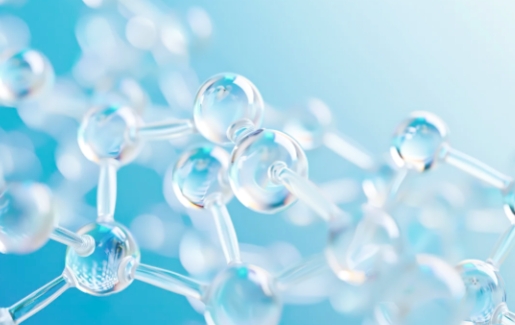Small molecular peptides are short-chain compounds formed by the connection of 2 to 10 amino acids through peptide bonds, with a molecular weight typically below 1000 daltons. Compared with proteins and large molecular peptides, they have higher absorption efficiency and stronger biological activity, and can be directly absorbed by the intestinal tract or the skin, participating in the regulation of human physiological functions. They are widely used in nutritional supplementation and disease-assisted treatment fields.
I. Characteristics of Small Molecular Peptides
1. Smaller molecular weight: The short-chain structure of small molecule peptides can be directly absorbed by the human body without undergoing decomposition, thereby avoiding the consumption of energy and the loss of nutrients during the protein breakdown process.
2. High biological activity: It can bind to specific receptors through the cell membrane and directly participate in physiological processes such as signal transmission and immune regulation. For instance, certain antibiotic peptides can directly damage the cell membranes of pathogens.
3. High stability: Certain small peptide molecules can withstand acidic and high-temperature environments, adapt to complex internal conditions, and maintain their functional activity.

II. Effects and Functions:
Promote growth and development: Small molecule peptides can stimulate human growth and development, and have particularly positive effects on the growth of children and teenagers.
2. Enhance immunity: Small molecule peptides can strengthen the human immune system, enhance resistance, and thereby prevent the occurrence of diseases.
3. Antioxidants: Small molecule peptides possess remarkable antioxidant properties, which can effectively eliminate free radicals in the body and thereby slow down the aging process.
4. Anti-inflammatory effect: Small molecule peptides can exert anti-inflammatory effects, reducing inflammatory responses and thereby alleviating pain.
5. Regulating blood sugar: Small molecule peptides can regulate blood sugar levels and have certain auxiliary therapeutic effects for diabetic patients.
6. Liver protection: Small molecule peptides can protect the liver, reduce liver damage, and prevent the progression of liver diseases.
Post time: 2025-08-15
